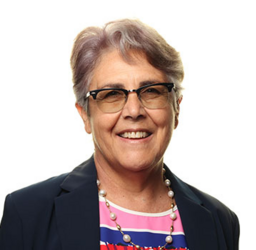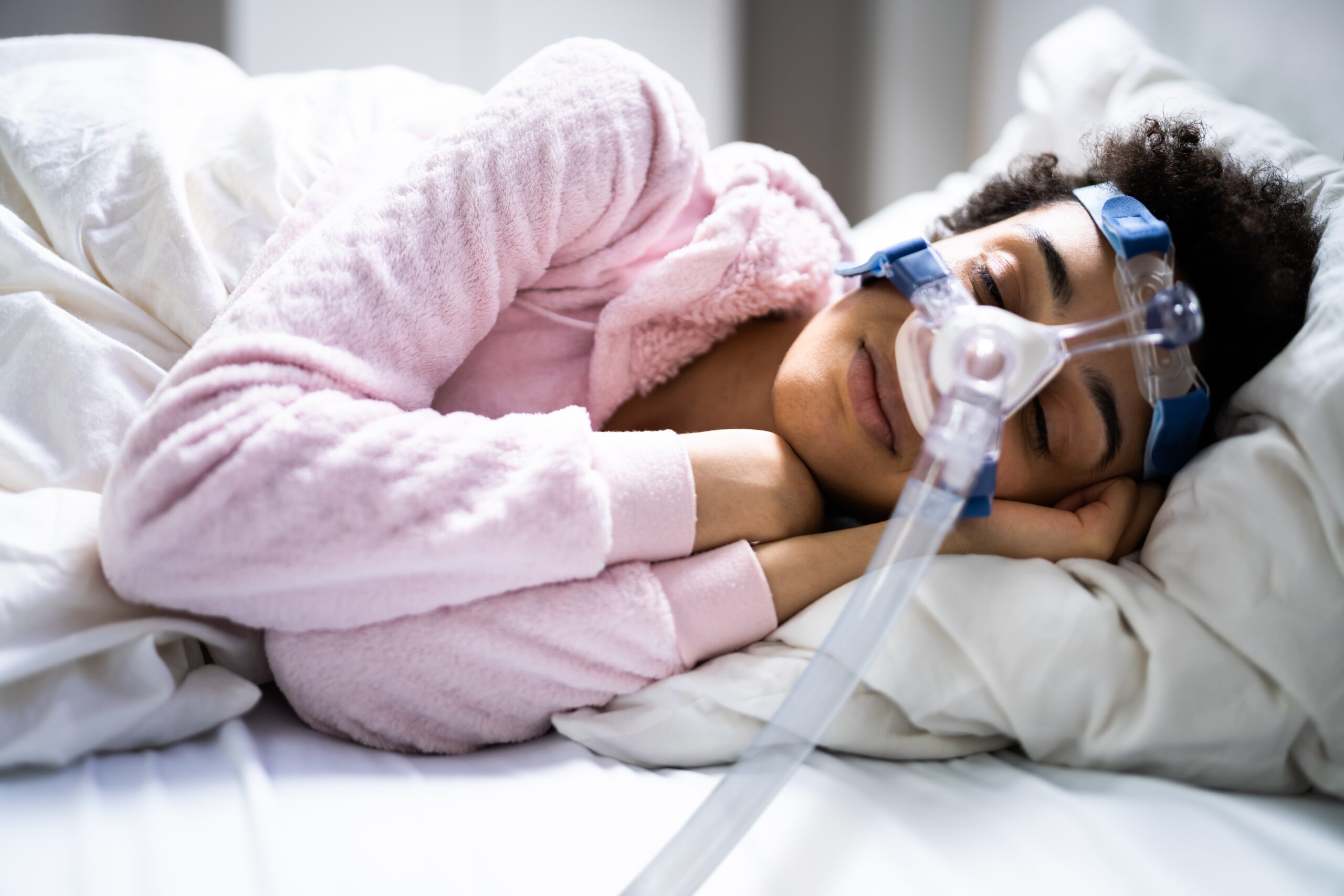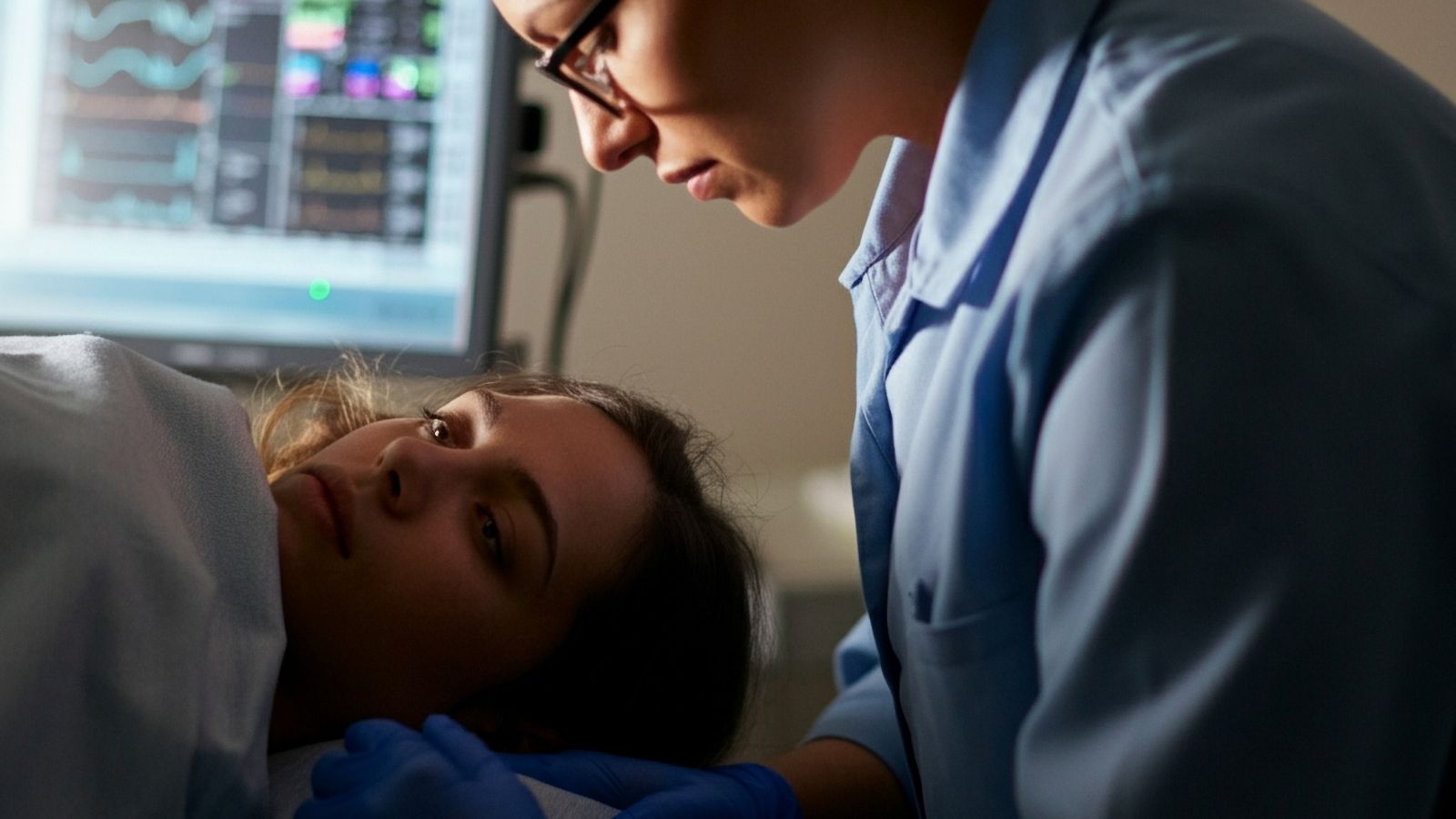About the programme
Part one of the programme is delivered online and covers the fundamentals of respiratory sleep medicine at a theoretical level. Part two focuses on practical application, beginning with a three-day onsite course, followed by the development and peer review of an online case portfolio, and concluding with an online session where participants present their cases and participate in discussions with ERS experts.
The programme should be completed within two years.
Learning outcomes
Following the training programme, participants will:
- Use diagnostic tools to assess sleep and breathing disorders.
- Address respiratory control, hypoxic/hypercapnic responses, and sleep apnoea.
- Recognise cardiovascular impacts of sleep-disordered breathing.
- Identify sleep disorder phenotypes across age, sex, and pathophysiology.
- Assess comorbidities affecting diagnosis, treatment, and outcomes.
- Evaluate CPAP and NIV therapies for efficacy, limits, and adherence.
- Explain types, mechanisms, and management of respiratory insufficiency.
- Explore links between OSA, endocrine, and non-respiratory sleep disorders.
- Apply skills in sleep scoring, PAP therapy, and digital technologies.
- Recognise socioeconomic factors, teamwork, and patient-centred care..
Pre-requisites for all participants
This programme is intended for all healthcare professionals who wish to develop or update their knowledge in respiratory sleep medicine.
- Part one:
- Previous knowledge and experience on sleep respiratory medicine is not required.
- Part two:
- Participants must successfully complete part one of the programme.
- Participants must have access to a sleep laboratory or patients with sleep disorders within their institution to complete part two case portfolio.
Programme overview
Part one: theory
Part one of the training programme is delivered online and has been accredited with 25 CME credits by the European Board for Accreditation in Pneumology (EBAP).
| All participants are required to run through twenty-four (24) online modules covering the fundamentals of respiratory sleep medicine at a theoretical level. Participants should allow 20-25 hours to complete the modules. |
| The curriculum focuses on the foundations of sleep science and the diagnosis and management of conditions such as sleep apnoea, hypoventilation, neuromuscular and chest wall disorders, and chronic respiratory failure, while also addressing comorbidities like asthma, COPD, and metabolic disorders, as well as non-respiratory sleep conditions. Online modules include patient assessment, sleep testing, blood gas analysis, and the application of therapies such as positive airway pressure and non-invasive ventilation. The curriculum also covers paediatrics, digital health, medico-legal aspects, and patient-centred care. |
| A timed, 30-question multiple-choice assessment will be completed by all participants. This tests the participants’ knowledge of the material covered by the online modules. Participants who successfully pass the assessment will be awarded with certification for part one of the Respiratory sleep training programme and can progress to part two of the programme. |
| Participants who fail the assessment the first time can register to re-sit via myERS for an administrative fee of €50. If a participant fails to pass the test on a second attempt, the participant is required to re-start the training programme. |
Part two: practical course and online portfolio
The second part of this training programme allows participants to apply theory into practice and has been accredited with 24 CME credits, which are awarded for attendance of the three-day onsite course and the online case-based sessions. The onsite programme has also received the Mark of Excellence from the European Board for Accreditation in Pneumology (EBAP).
| The course programme blends real-world clinical cases with hands-on training, equipping participants with both the knowledge and skills needed for effective diagnosis and management. |
| Following the course, participants will expand their competence in respiratory sleep by completing an online portfolio with three cases. This portfolio will be peer-review by another training programme candidate. |
| Once the portfolios are completed and peer-reviewed, participants will present their cases and engage in roundtable discussions during an online session with ERS experts. |
| Participants who successfully complete the online portfolio and participate in the online session will receive a training programme certificate. |
Practical information regarding Part two onsite course
- Dates: 20-22 May, 2026
- Location: Antwerp, Belgium (Antwerp University Hospital – UZA)
- Programme
Please note that places are limited and will be allocated on a first-come, first-served basis. Participants who complete Part one after the Part two course is fully booked or has already taken place will be placed on a standby list until the next available Part two dates open.
Registration and fees
| Category | Part one | Part two |
|---|---|---|
| ERS early career member | €250 | €700 |
| ERS member | €350 | €800 |
| Non-member | €450 | €900 |
| Industry | €900 | €1100 |
- Participants who fail the part one assessment the first time can register to re-sit for an administrative fee of €50.
- Participants having successfully completed Part one will be able to register for Part two via myERS.
- Participants who complete Part one after the Part two course is fully booked or has already taken place will be placed on a standby list until the next available Part two dates open.
Committee members
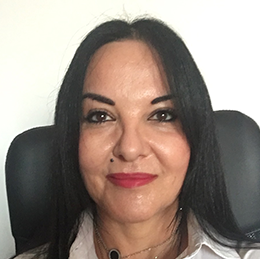
Sophia E. Schiza
ERS Assembly 4 Secretary, Head of sleep disorders unit, Professor of respiratory and sleep medicine University of Crete Medical School, Greece
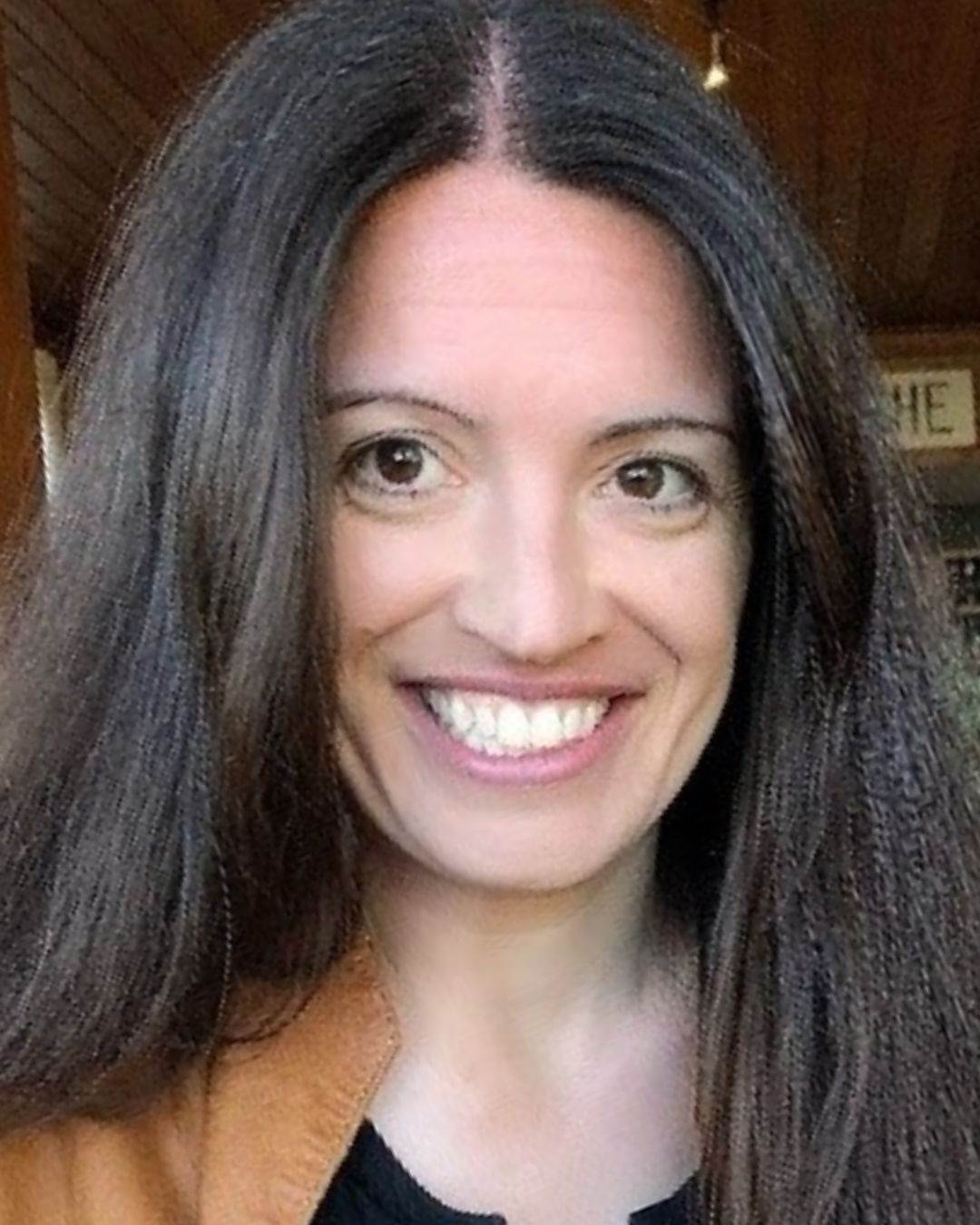
Esther Irene Schwarz
Assembly 4
Sleep disordered breathing
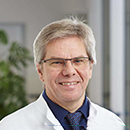
Winfried Randerath
Chief physician and medical director Bethanien Hospital
